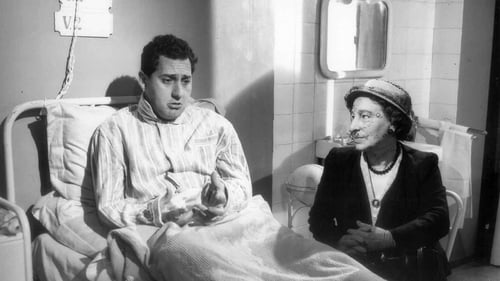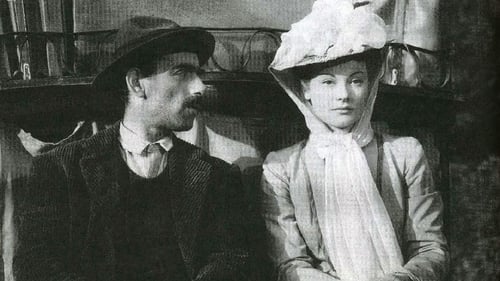
Un simple empleado de una fábrica vive obsesionado con tener registrados todos los pormenores que ocurren en su vida, con el fin de tener siempre una explicación que dar a la policía, por si algún día se viera metido en algún problema. Sin embargo, las circunstancias le irán demostrando que, ni aún así, podrá evitar meterse en líos. (FILMAFFINITY)

la nonna
El protagonista es Prico, un niño de cuatro años, que vive angustiado al ver cómo su madre abandona a su padre para irse con su amante. Su padre lo envía a vivir con su tía y después con su abuela, pero el niño cae enfermo; su madre vuelve entonces con él y le promete que todo volverá a ser como antes. (FILMAFFINITY)

anziana madre di Giovanni
In Milan, an unwed mother, forced to flee from her town because of the scandal, meets a doctor who falls in love with her and marries her. But the couple's relationship breaks down almost immediately: the husband is unable to leave behind the woman's past and can not stand a son not his. So Dina, in an attempt to readjust the rapport, entrusts the child to the care of the mother of her seducer (meanwhile deceased). But the sacrifice is beyond her strength, and she's soon taken by the irresistible desire to get her child back: in damp and foggy night, on her way to the station...

Guido Renzi and his lawyer friend chase a beautiful girl to return a purse that he lost and after a long drive in the car reach the laboratory of an improvised astrophysicist - the girl's father - who, together with another scientist, is about to take off in the direction of Mars aboard a missile.

Eleonora Siriani madre di Tullio
A married woman hits a pedestrian with her car who requests that she must perform a particular punishment as a penance.

La direttrice

The Jealous Wife
His 1933 debut, following some years as a journalist and then script boy, was Treno popolare, an early sound lark about several Roman petit bourgeois on a day trip to the country that was influenced by the German proto-neorealist silent picture People on Sunday (1930). Produced at the height of the fascist era, Treno popolare was nonetheless free of propaganda, and featured the first film score by the legendary composer Nino Rota.





